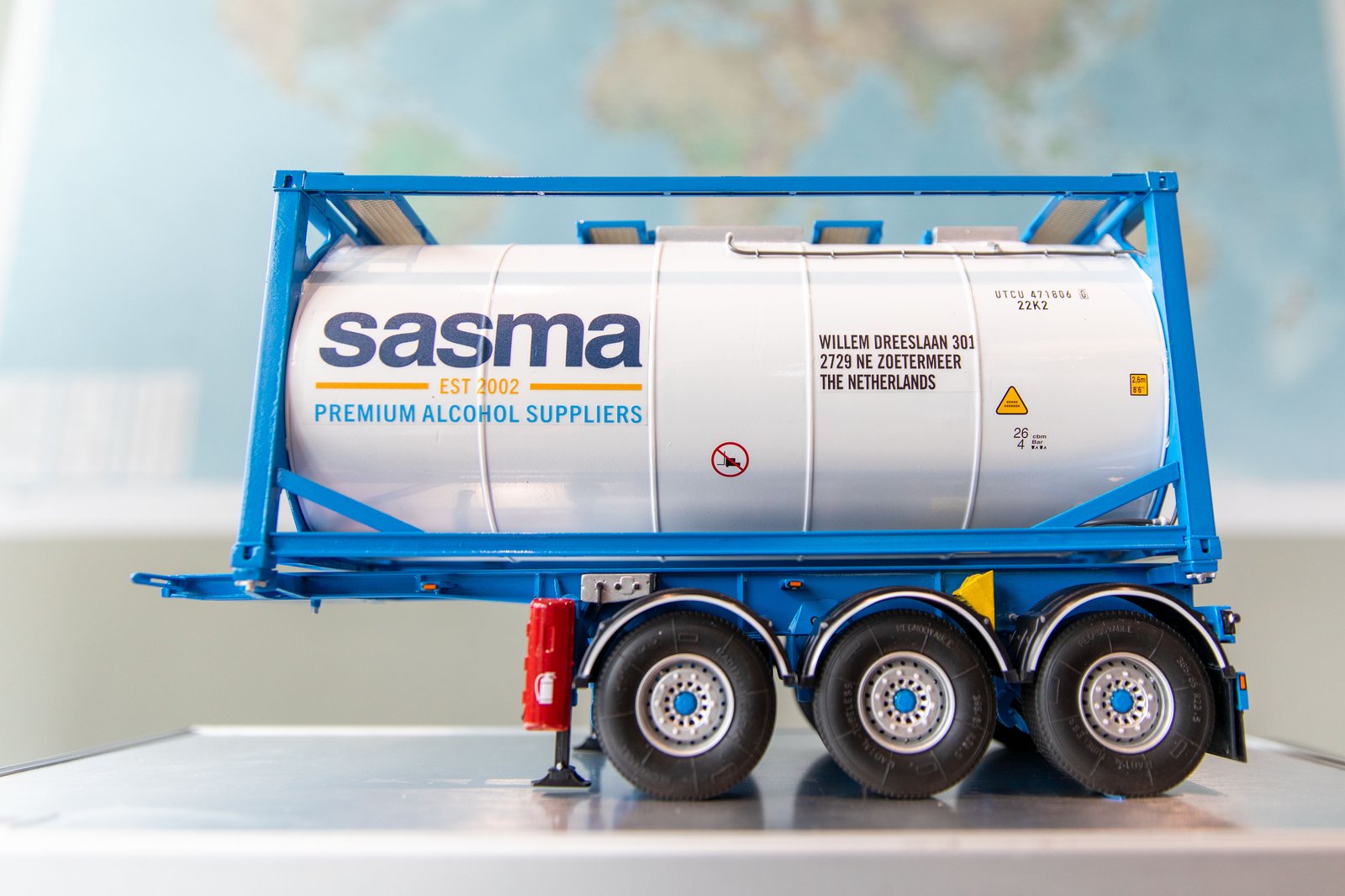
Everything You Need to Know About Shipping Alcohol Internationally
Shipping alcohol across borders is a complex process shaped by strict regulations, specialized packaging requirements, operations. Every country enforces its own laws and regulations on alcohol imports, and logistics providers must be licensed to handle such goods.
Read on as we explore and explain the importance for alcohol purchasers and buyers to understand these intricacies, allowing them to expand into new markets, maintain compliance, and ensure product integrity from origin to destination.
Is It Legal To Ship Alcohol Internationally?
In short: it’s complicated. Legality depends on both the origin and destination countries, as well as the type and volume of alcohol involved. Many regions impose restrictions based on Alcohol By Volume (ABV), shipment quantity, and the intended use, such as consumption versus commercial use.
It's crucial to research and comply with the specific laws of each country involved. Appropriate documentation and licenses is essential. Working with a highly skilled team of Logistics Operators will ensure alcohol purchasers that they are complying with local regulations, using tailored transport that ensure timely and safe transport.
Packaging Requirements
Packaging requirements and best practices for international bulk alcohol shipments - navigate the complexities of shipping international bulk alcohol that are considered to be hazardous goods - ensuring safety, compliance, and product integrity throughout the supply chain.
Container types - ISO containers (hold 1,000 litres), IBC’s (Intermediate Bulk Containers that hold 25,000 litres) and Drums (hold 200 litres)
Labelling and Compliance - these must include hazard class labels, handling instructions and country specific requirements such as language or symbols.
Temperature and Environmental Controls - preserving the quality of alcohol and ensuring safety. Alcohol shipping must be temperature controlled, have proper ventilation in order to control the risk of combustion due to flammable vapors, and light exposure.
Documentation and Regulatory Compliance - these include shipping papers, SDS (Safety Data Sheets), Certificates and Permits and carrier agreements.
Shipping Alcohol Within the European Union
The European Union (EU) offers a relatively harmonized regulatory framework for alcohol shipments, is generally more straightforward due to the single market, which allows for the free movement of goods. However, full compliance is still required to move goods legally and efficiently.
Licensed spirits suppliers must operate under the Excise Movement and Control System (EMCS), a digital platform that tracks the movement of excise goods like alcohol across the EU. This system ensures transparency and proper tax control throughout the supply chain. Alcohol shipped under EMCS typically moves through duty-suspension arrangements, meaning excise duties are deferred and only paid when the goods reach their destination or are released for consumption.
For those sourcing from EU-based bulk spirits suppliers, this harmonized system helps streamline logistics, but only when proper documentation, labeling, and tax compliance are ensured.
Shipping Alcohol Outside of the European Union
Shipping alcohol outside of the EU introduces additional layers of complexity. Each non-EU country has its own set of import regulations, excise duties, and restrictions on alcohol content and product type.
When exporting to markets outside the EU, it’s essential to research each destination's legal and logistical requirements, including limitations on ABV and permitted alcohol categories. Accurate customs documentation and correct tariff classifications are critical to avoiding delays, fines, or rejected shipments at the border.
Working with experienced logistics experts will help navigate the complexities of shipping alcohol globally.
How to Streamline the Process of Shipping Alcohol
Navigating international alcohol shipping requires a combination of expertise, attention to detail, and strategic partnerships. One of the most effective ways to simplify the process is by partnering with logistics providers who specialize in alcohol transport and understand the nuances of regional compliance.
Working with a reliable alcohol and spirits supplier that offers compliance-ready packaging and adheres to destination-specific regulations can also reduce risk and improve shipping outcomes. Staying informed about legal requirements, such as licensing needs, labeling standards, and ABV restrictions, for your key markets is critical for maintaining compliance and avoiding delays.
Here is a checklist to streamline shipping alcohol in bulk
- Partner and consult with an experienced Logistics partner
- Understand regulations
- Use proper packaging
- Choose experience carriers
- Maintain accurate documentation
Get Started With Sasma BV: A Trusted Supplier in Premium Bulk Alcohol and Spirits
Looking to simplify international alcohol shipping? Partner with Sasma: A global leading supplier of premium bulk spirits, bulk alcohol, and bulk organic alcohol. Backed by industry expertise and regulatory insight, our team helps global clients navigate complex logistics with confidence. Our team of experts is solution driven offering tailored shipping options for all of our clients.
Explore our range of premium spirits or contact our team to learn how we can support your business in expanding across borders.
